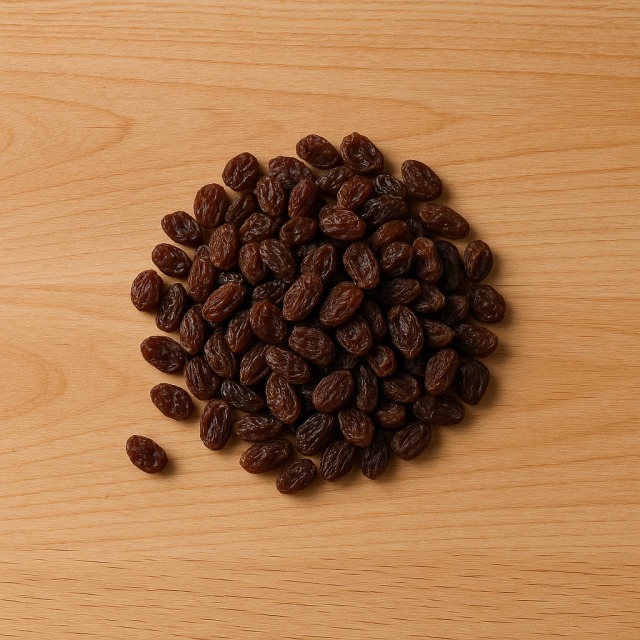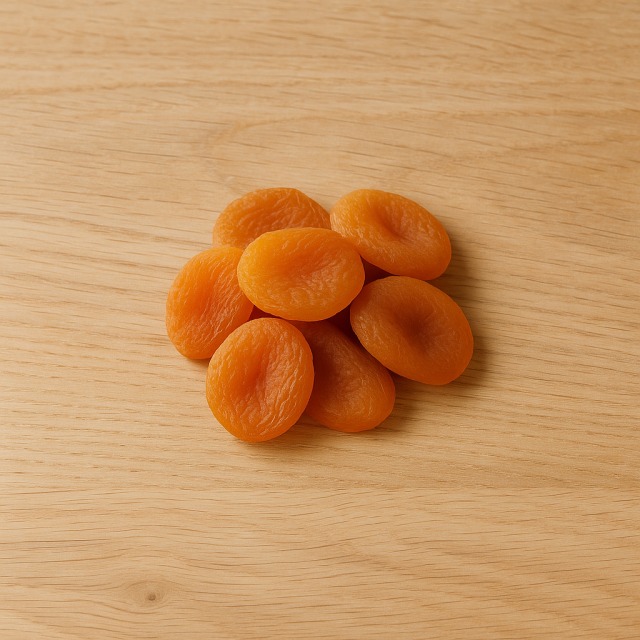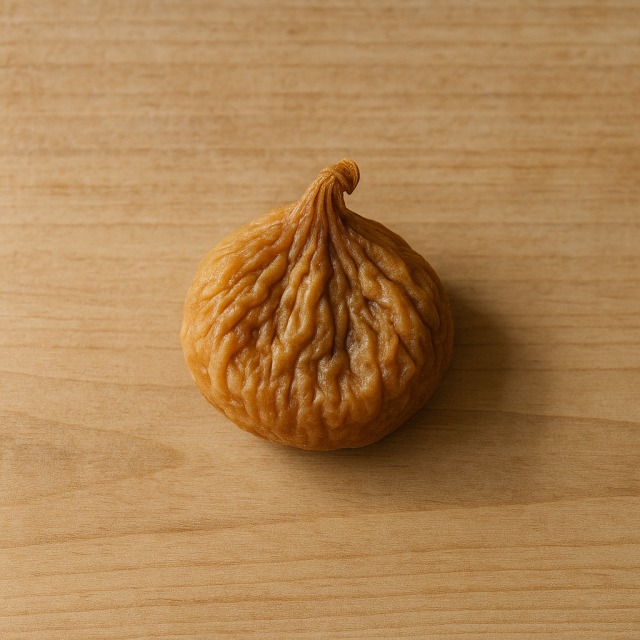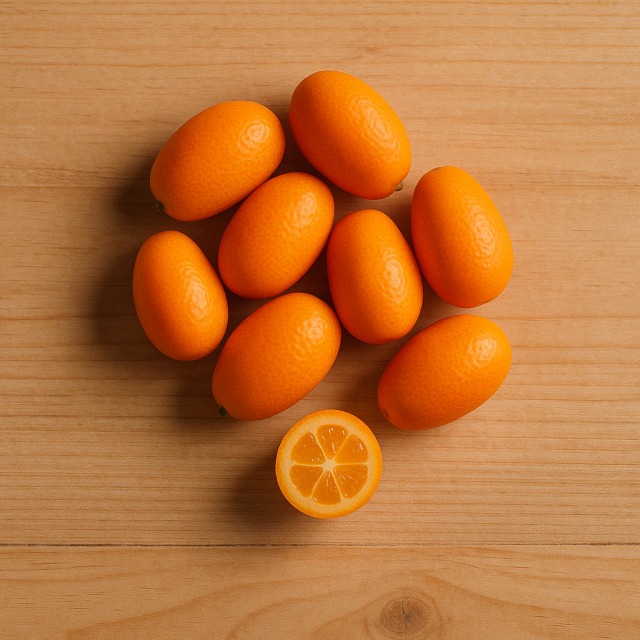Calorie Chart / Fruits / Raisin
How Many Calories Are in Raisin?
Calculation of the nutritional value & Recommended Dietary Intake of raisin
For g and a calorie requirement of kcal
| Calories 83 kcal | Proteins 0.8 g | Lipids 0.2 g | Carbohydrates 20 g |
| 4% | 1% | 0% | 7% |
Health benefits of raisin

Raisin - 100g
Calories 278 kcal
Proteins 2.6 g
Lipids 0.5 g
Carbohydrates 65.8 g
Raisin is a dried grape, which means that its nutrients are naturally concentrated along with its calories. With 278 kcal per 100 g, it is considered a high-calorie fruit compared with fresh fruits such as apple or banana. Nevertheless, those calories come mainly from natural sugars and are accompanied by valuable micronutrients.
Raisins supply potassium, which contributes to normal muscle function and blood-pressure regulation, as well as iron that helps reduce tiredness. They also deliver B-group vitamins (notably B6 and folate) that support energy metabolism, and a small but useful amount of calcium and boron, both involved in bone maintenance. Their dark skin contains polyphenols such as resveratrol and quercetin, recognized for antioxidant properties; the cardiovascular benefit remains supposed rather than definitively proven, but current research is encouraging.
Because the drying process concentrates fibre, raisins can help improve intestinal transit. Historically, they were a staple energy source for travelers and soldiers of the Roman Empire, and they still appear in traditional dishes like couscous or British Christmas pudding.
Tips for incorporating raisin into a balanced diet
Thanks to their intense sweetness and compact size, a tablespoon of raisins can replace refined sugar in a morning bowl of oat flakes or homemade muesli, adding flavour without the empty calories of table sugar. Combine with a spoonful of almond slivers and a dollop of fromage blanc 0% for a balanced breakfast rich in protein and fibre.
For a savoury-sweet twist, toss raisins into a brown rice pilaf alongside diced carrot and grilled chicken breast; the dish delivers sustained energy yet keeps overall calories moderate per portion. Athletes preparing long-distance sessions often add a handful of raisins to their homemade trail mix with cashew nuts and hazelnuts to top up glycogen stores quickly.
If you wish to indulge without overloading on calories, rehydrate raisins in hot water and blend them into a purée that can partly replace butter or sugar in a loaf of wholemeal bread or a batch of muffins. Finally, sprinkling a few raisins over a salad of spinach, fresh goat cheese and walnuts brings colour, antioxidants, and a pleasant chew while keeping the meal nutrient dense.
Frequently Asked Questions
- How many calories are in raisins?
- There are 278 kcal per 100 g.
- Are raisin calories higher than grape calories?
- Yes. Drying removes water and concentrates natural sugars, multiplying calories roughly fivefold compared with fresh grapes.
- Does soaking raisins reduce calories?
- No. Soaking raisins only reintroduces water; the absolute calorie content remains the same, though calories per gram decrease slightly because of added water weight.
- Are raisins a good pre-workout snack?
- The easily digestible carbohydrates provide quick energy, making raisins a convenient alternative to commercial gels; just watch portion size to match your calorie needs.
- How many raisins per day for weight control?
- About one small handful (20–25 g, roughly 55–70 kcal) fits into most balanced diets without pushing calorie intake too high.
- Can I burn raisin calories with a short walk?
- Burning the 278 kcal in 100 g of raisins would require about 45–50 minutes of brisk walking for an average adult; adjust according to body weight and pace.
Similar foods
Information provided by Calorie Menu may contain inaccuracies or errors. It cannot, under any circumstances, substitute medical advice or medication.










